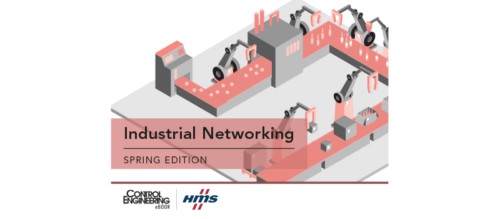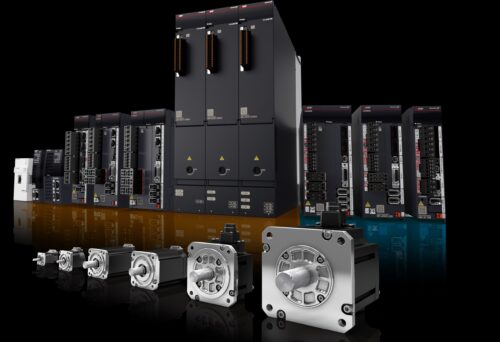Engineering testing, Internet of things, predictive maintenance advance with better tools
At 2014 NIDays Chicago, Noah Reding, National Instruments, told Control Engineering and Plant Engineering about advances in engineering test tools, automotive software development, the future of technology, and the Internet of things (IoT).
Engineering challenges get easier with better engineering tools, and National Instruments can help with that, according to a Control Engineering and Plant Engineering interview with Noah Reding, National Instruments product manager for automotive and aerospace, at NIDays in Chicago, Oct. 8. Discussing what’s next for National Instruments, Reding addressed Moore’s Law, among several recurring subjects discussed at the engineering conference. Moore’s Law says the number of transistors on an integrated circuit doubles every 18 months, and, Reding said, as "machines become more powerful, testing equipment has to become more powerful as well."
Reding stated that National Instruments is consistently working towards improving engineering efficiency and wants to provide the instruments for engineers to more easily solve some of the grand challenges of engineering. He gave an example of a project that he was working on with Subaru, explaining that on-site hardware testing has been migrating to simulation testing.
"Trends show that number of line of code embedded has grown exponentially as electronics have become more powerful. There can be 10 million lines of code in the software of a car, and the problem becomes how to check it. Doing testing the traditional way was time consuming and expensive. By transferring the testing process to a simulation testing, defects in the code can be found earlier and without actually damaging the car," Reding said.
Continuing innovation and the growing power of electronics are trends that extend to other industries as well. In the oil and gas industry, for example, there are many improvements in automating diagnostic conditions.
"People in the oil and gas industry can check the conditions to predict failure and decrease down time. The ability to predict maintenance opens a lot of possibilities with what we can do, and not just in the oil and gas industry," Reding said. Other industries, such as sustainable energy, fusion, and even mapping the brain are all affected by the growing power of electronics, and National Instruments has been involved, he suggested. Another trend that Reding discussed was the Internet of Things (IoT) and the growing connectivity of technologies.
"Going back to the automotive industry, there are a lot more things that cars can do now, and they are also more connected. They can now talk to each other and to traffic lights as well. There will come a point where cars will become things in the Internet, and that’s very exciting," Reding said. Technology innovations can improve transportation, manufacturing, energy efficiency, and other areas.
Reding said, "One of the reasons that I got into the automotive area was because of the innovation. It’s exciting to see how things are advancing with energy, safety, and being able to connect to social networks with your car."
– Anisa Samarxhiu is digital project manager, CFE Media, asamarxhiu@cfemedia.com.
Online extras: See other NI developments, below.
Do you have experience and expertise with the topics mentioned in this content? You should consider contributing to our CFE Media editorial team and getting the recognition you and your company deserve. Click here to start this process.



